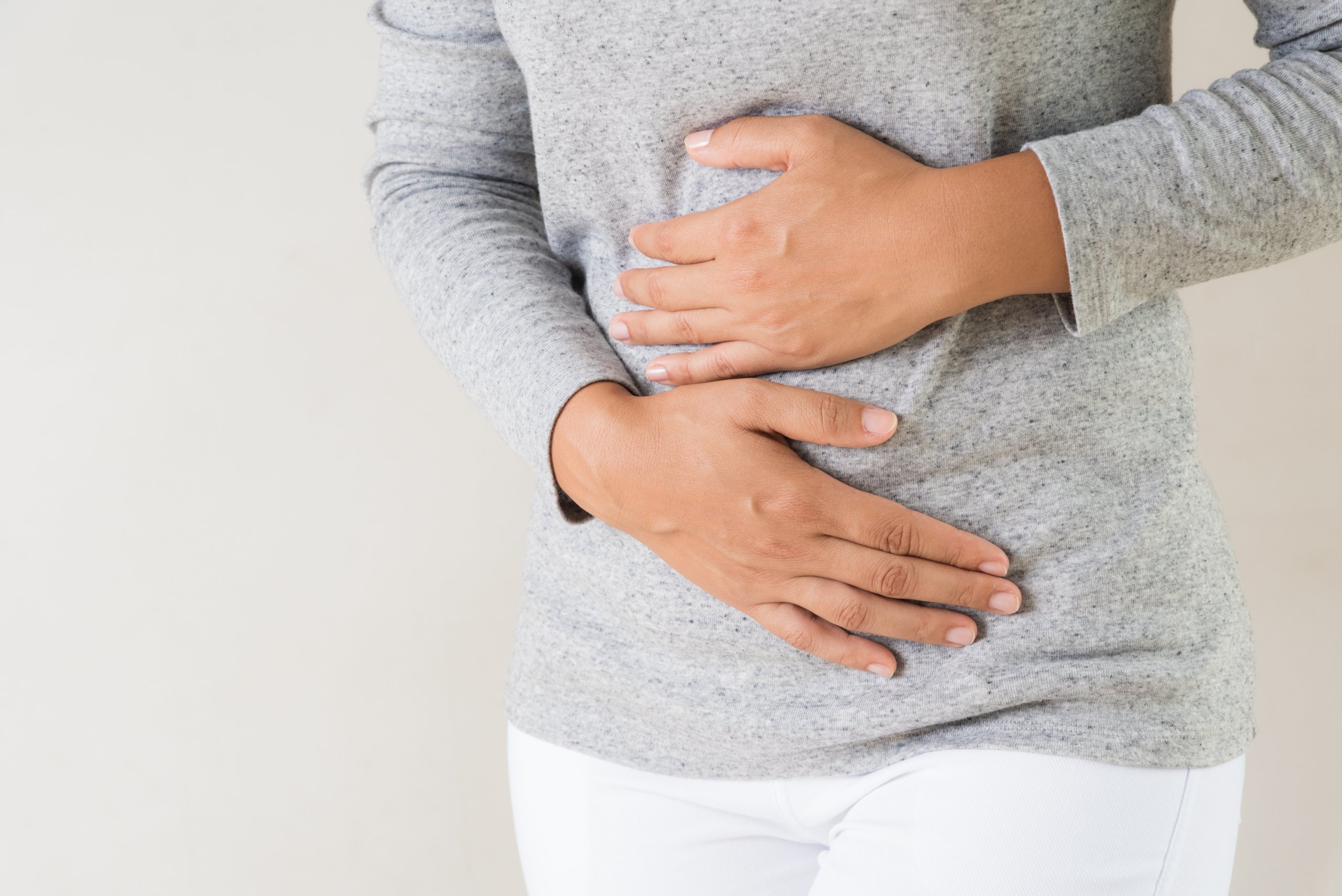
Gas, Bloating, and Distension
Gas, bloating, and distension are the three nasties that ruin our lives. I can’t tell you how many patients show me pictures of their lovely flat abdomens in the morning and what they call “4 months pregnant” bellies by midday. Sometimes the distension can get so bad that it’s not just about “sucking it in” anymore. Digestive disorders can stop people from living their lives. The pain and discomfort makes people cancel plans and can lead to depression and anxiety. Chinese medicine has ways that can help combat these digestive woes and it starts with getting to the root of the cause.
If you suffer from the three nasties the first thing to examine is your diet. Do you have long periods of fasting only to scarf down a large meal when you are ravenous? Do you tend to eat cold and raw foods (smoothie for breakfast and salad for lunch)? Do you chew your food enough? Do you eat foods that you are sensitive to (gluten, dairy, certain cellulose)? Do you eat dinner after 8 pm or tend to sit for extended periods of time after meals?
If you answered yes to any of those questions above that could be the cause of your discomfort. The great news is that many of the habits above are easy to fix! My first suggestion to a patient is to stop with the cold and raw foods. I know salads and smoothies are touted as healthy but Eastern medicine philosophy says health is individual (you are a snowflake). What’s healthy for one person is not for the next. Even what’s healthy for the majority may not be healthy for you. The reason why Chinese medicine prefers warm and cooked foods is that cooking makes the nutrients easier to absorb. Your digestive system is not working overtime to break down foods for absorption. Breaking down certain insoluble sugars and fibers may cause gas in the intestines (looking at you broccoli) thus leading to gas (“Battling Broccoli? – DrWeil.com,” 2016). Yes cooking certain vegetables can result in a loss of certain vitamin content but if you’re not digesting the raw vegetables, you’re not absorbing the good stuff anyways. In fact, in the raw state many leafy greens have a compound called oxalic acid that prevents us from absorbing the good stuff and oxalic acid is broken down when cooked (Amidor, 2017).
The second task I give patients are a few new habits that fall into the category that I call “pace management”. First, don’t eat too much in one sitting and don’t wait too long between meals. This can be too taxing on your digestion. Don’t inhale your food, savor each bite. There is a Japanese proverb that says “chew your rice 100 times to live a long healthy life”. The reason is your mouth is your first (and one of the most powerful) step to digestion. Your mouth and teeth mechanically break down food and your saliva contains enzymes that start breaking down starch and some fats (Danahy, 2011). When you inhale your food without chewing, not only does the food go to your internal organs in big pieces, they also aren’t well lubricated and broken down with saliva. While 100 times is excessive, at least chew your food to a point where you can’t recognize the individual pieces in your mouth. Also don’t sit or lay down after meals. Walk around a little bit to support colon movement. On the flip side do not do strenuous physical activity after a meal – your nervous system needs you to be in a moderately resting state to digest.
Finally, get acupuncture! Acupuncture has been proven to help promote digestion, alleviate heartburn and increase peristalsis (that’s where the colon muscles contract and relax in undulating waves to help move food along). Patients who experience digestive problems following abdominal surgery found that acupuncture with electric stimulation greatly reduced bloating symptoms compared to the control group who did not receive acupuncture (Pan H, n.d.).
You don’t have to live with the nasty three for good, there are many ways you can have washboard abs from morning to night through acupuncture, herbs and some tricks and tips from Chinese medicine.
References
Amidor, T. (2017, May 12). Which Is Healthier: Cooked or Raw Vegetables? Retrieved April 2, 2019, from https://health.usnews.com/health-news/blogs/eat-run/articles/2017-05-12/which-is-healthier-cooked-or-raw-vegetables
Battling Broccoli? – DrWeil.com. (2016, December 1). Retrieved April 2, 2019, from https://www.drweil.com/diet-nutrition/nutrition/battling-broccoli/
Danahy, A. (2011, April 19). What Are the Digestive Enzymes in the Stomach & Mouth Called? Retrieved April 2, 2019, from https://www.livestrong.com/article/423200-what-are-the-digestive-enzymes-in-the-stomach-mouth-called/
Pan H, E. al. (n.d.). [A Randomized Controlled Clinical Trial for Electroacupuncture Treatment of Post-surgical Gastrointestinal Dysfunction in Patients Undergoing Lapar… – PubMed – NCBI. Retrieved April 2, 2019, from https://www.ncbi.nlm.nih.gov/pubmed/29071949


